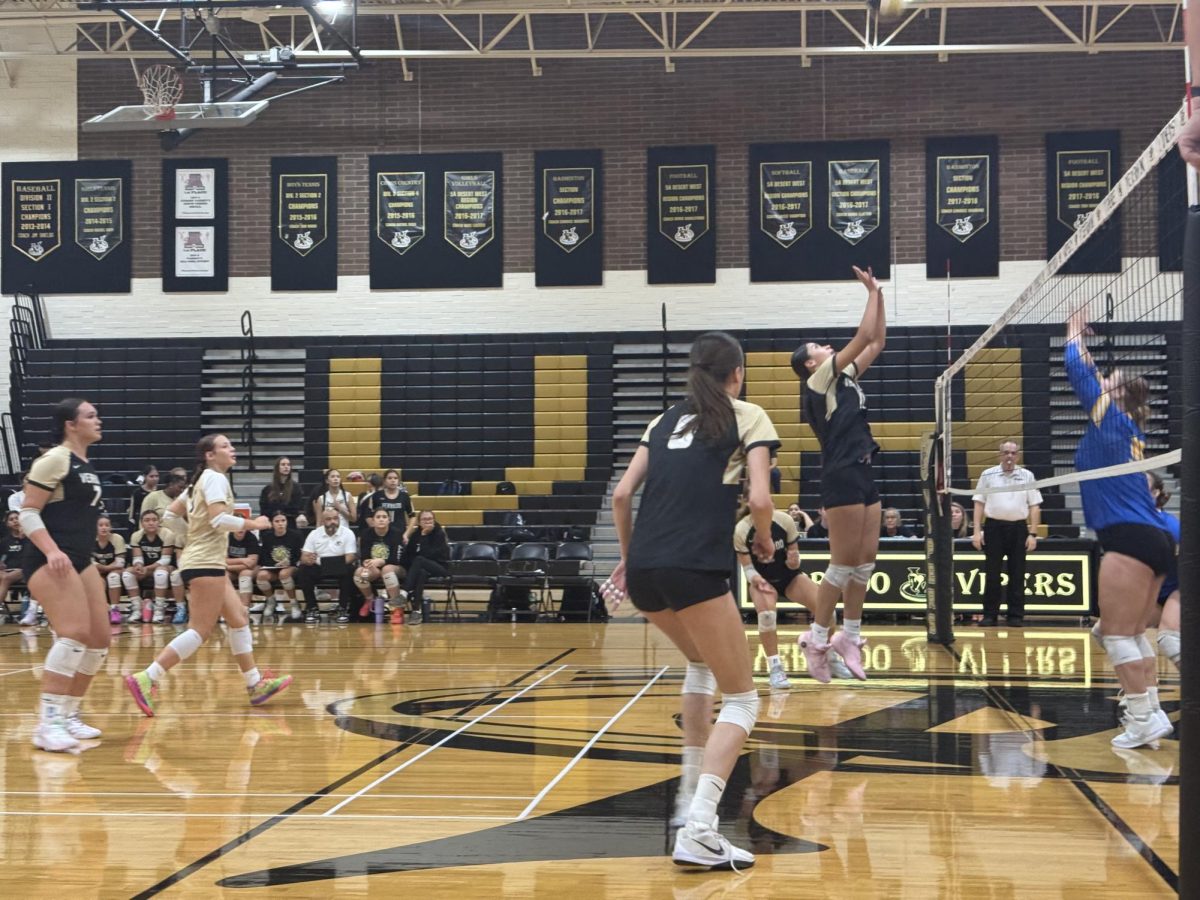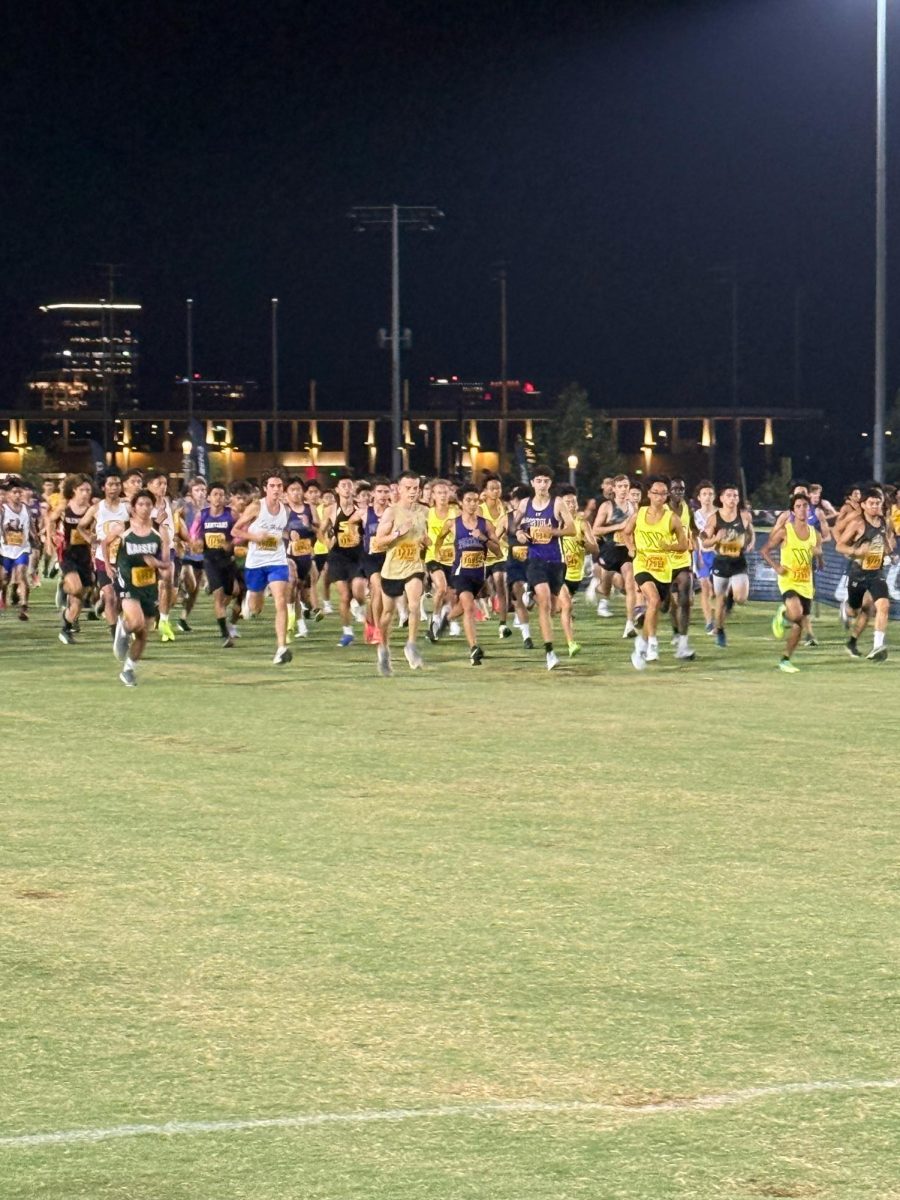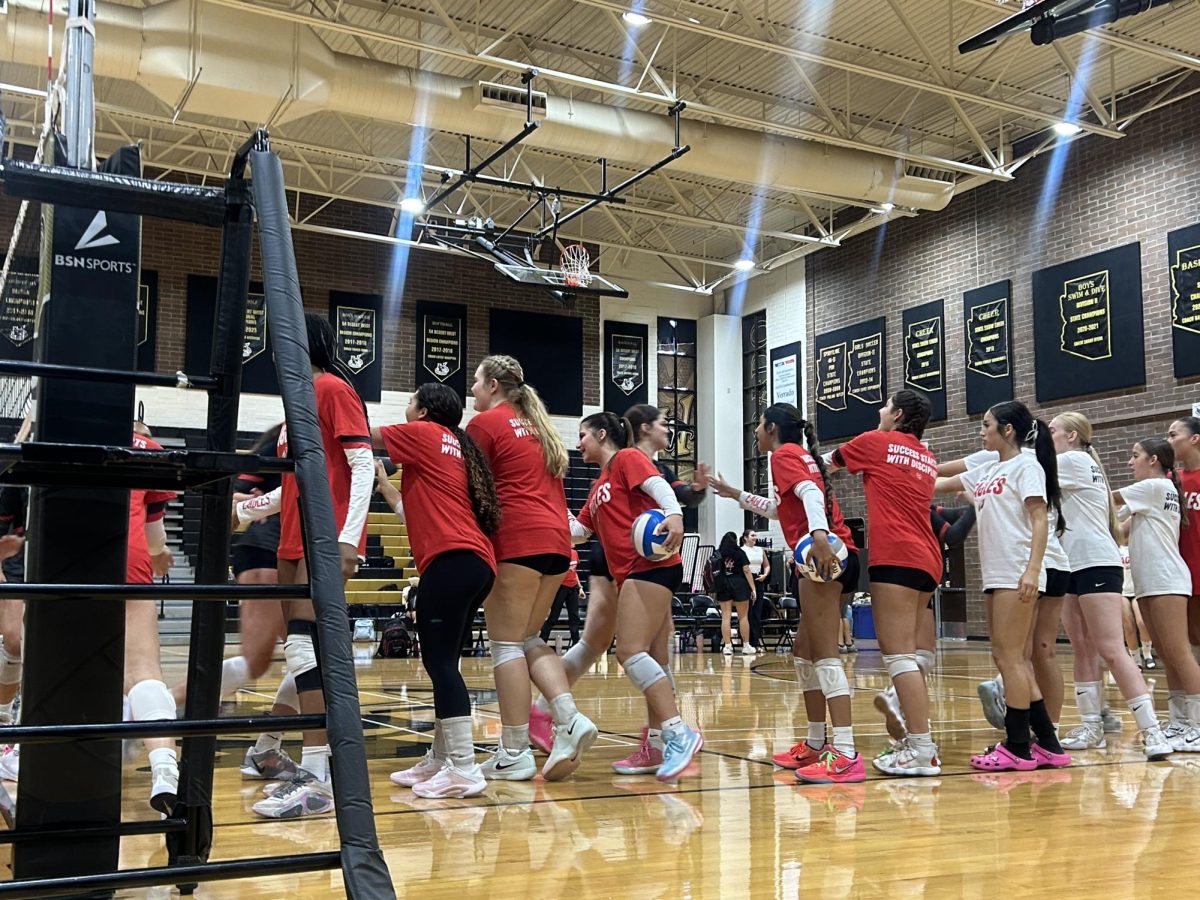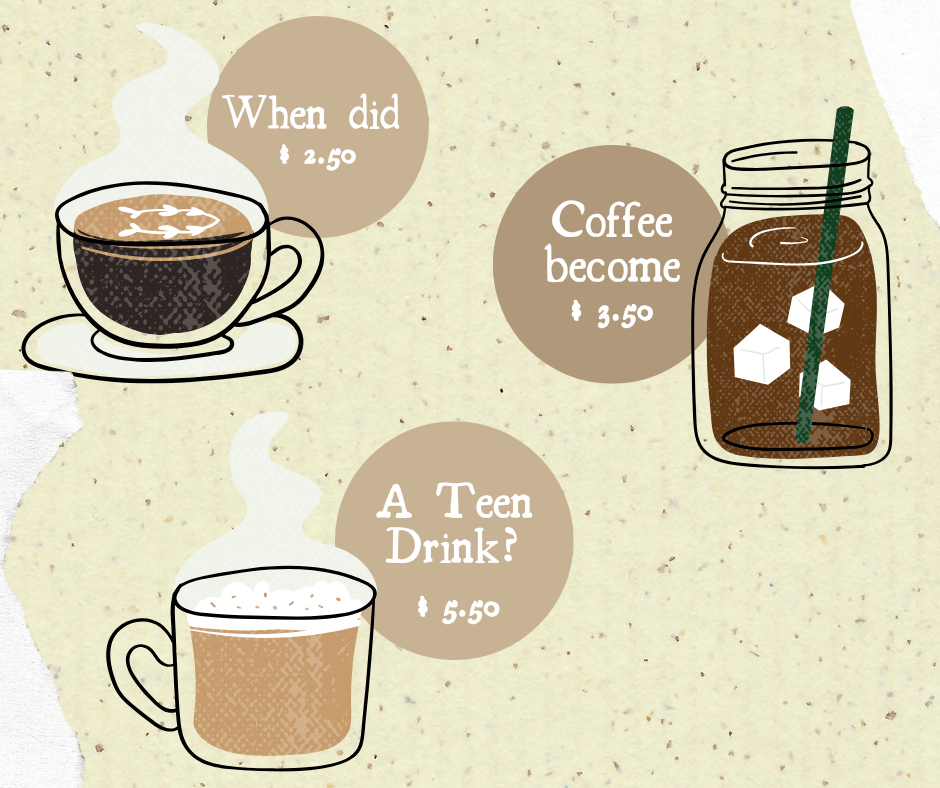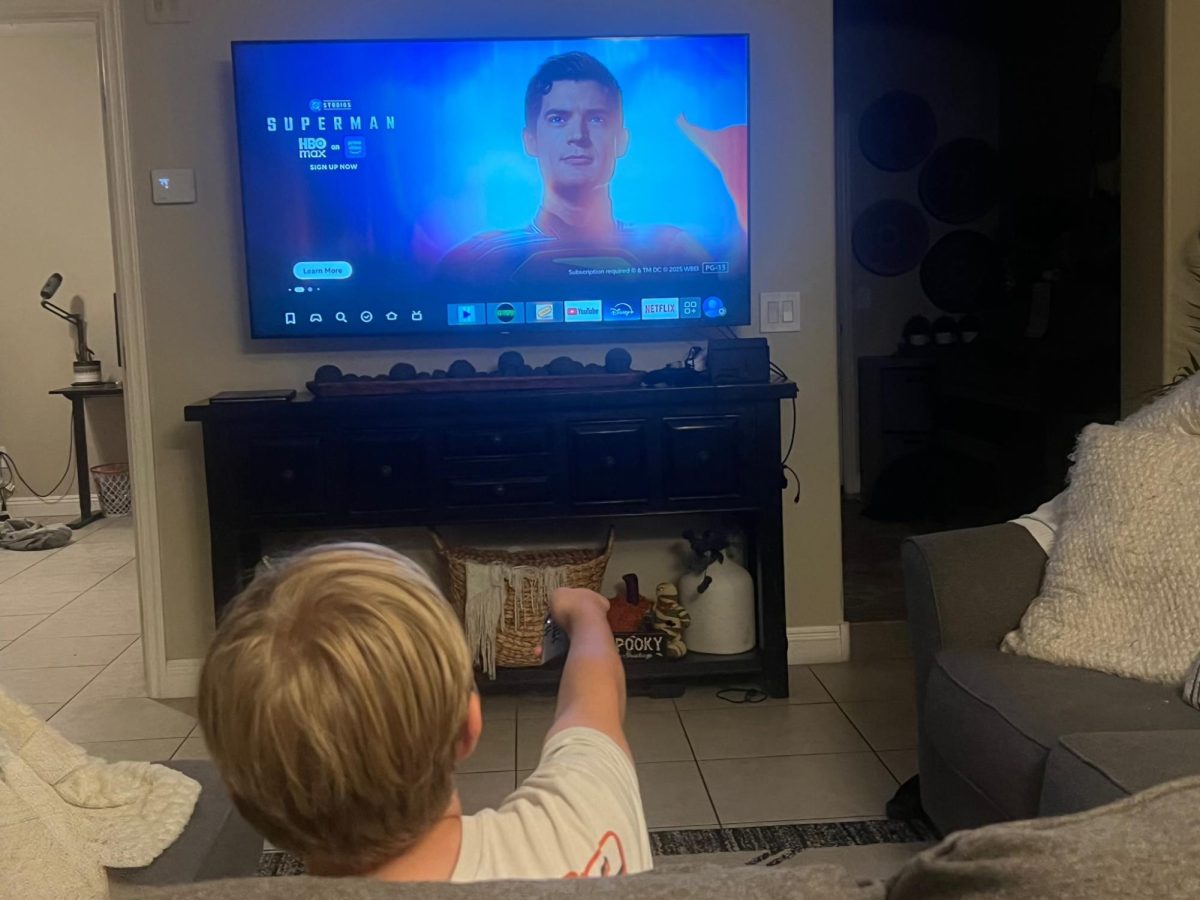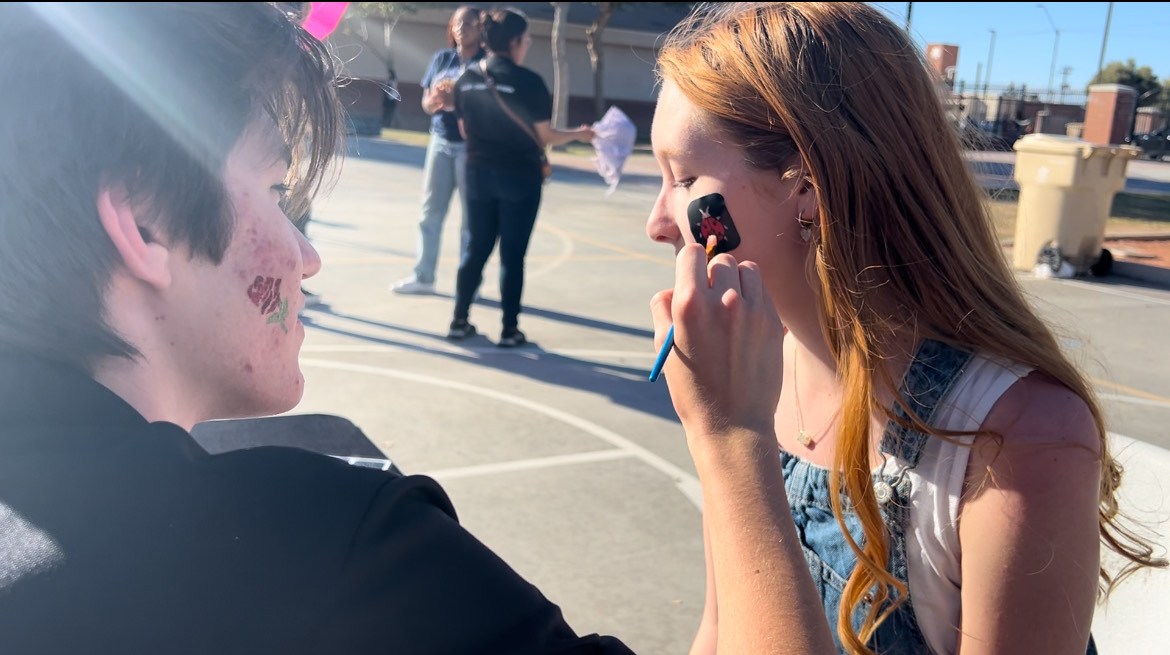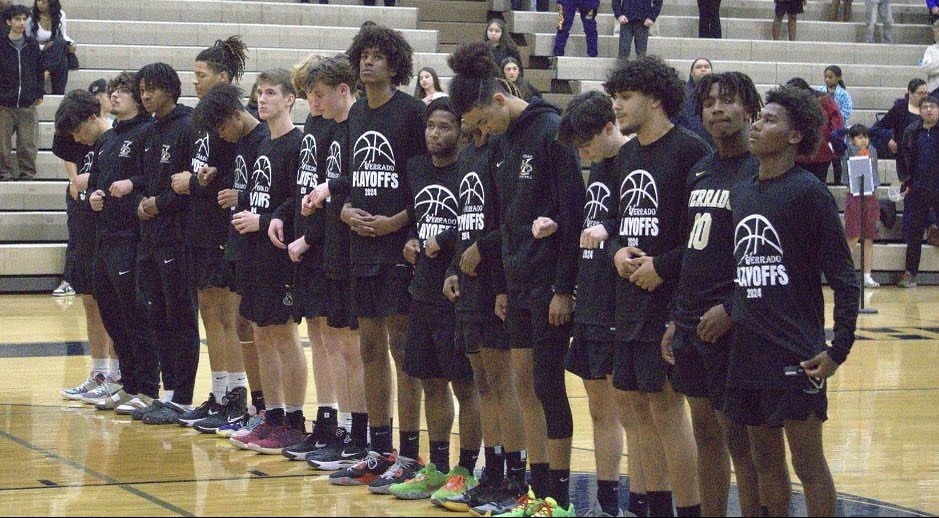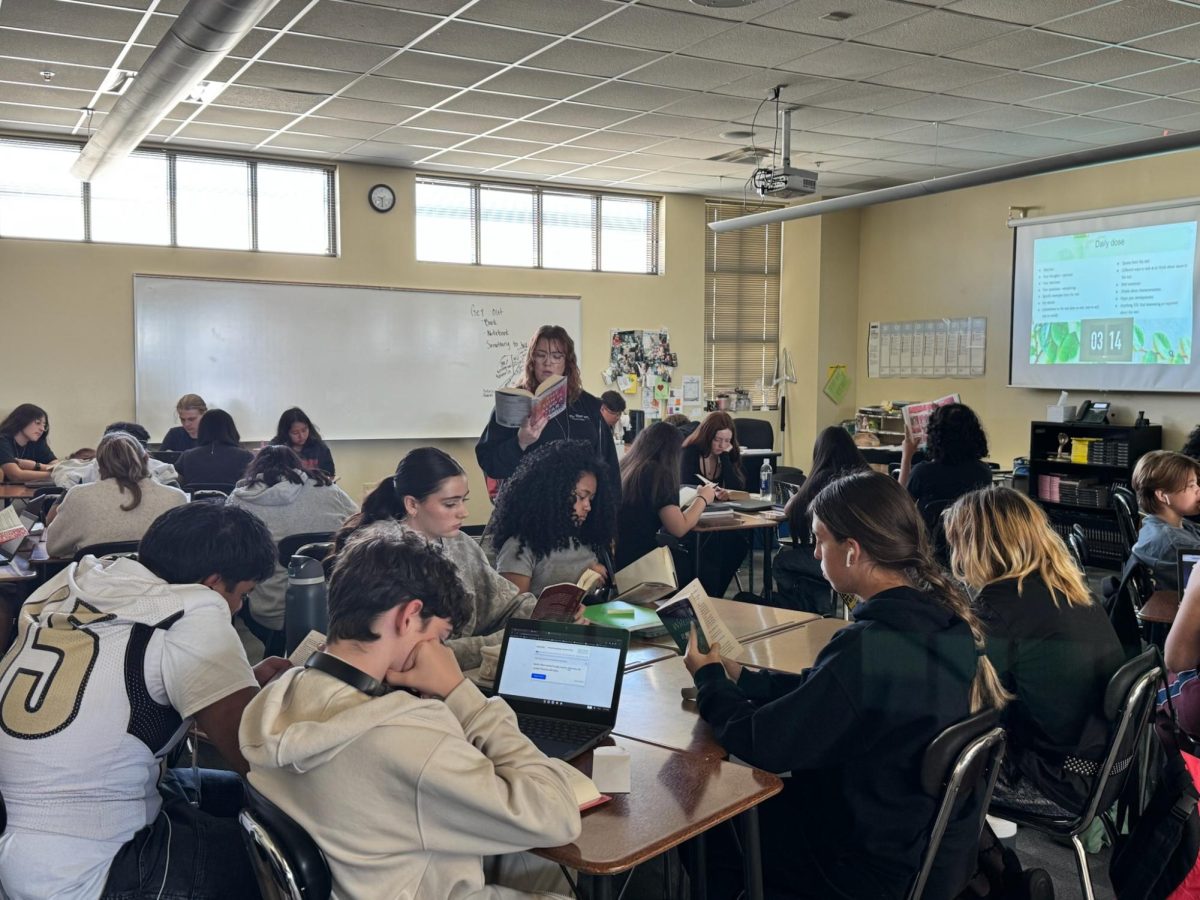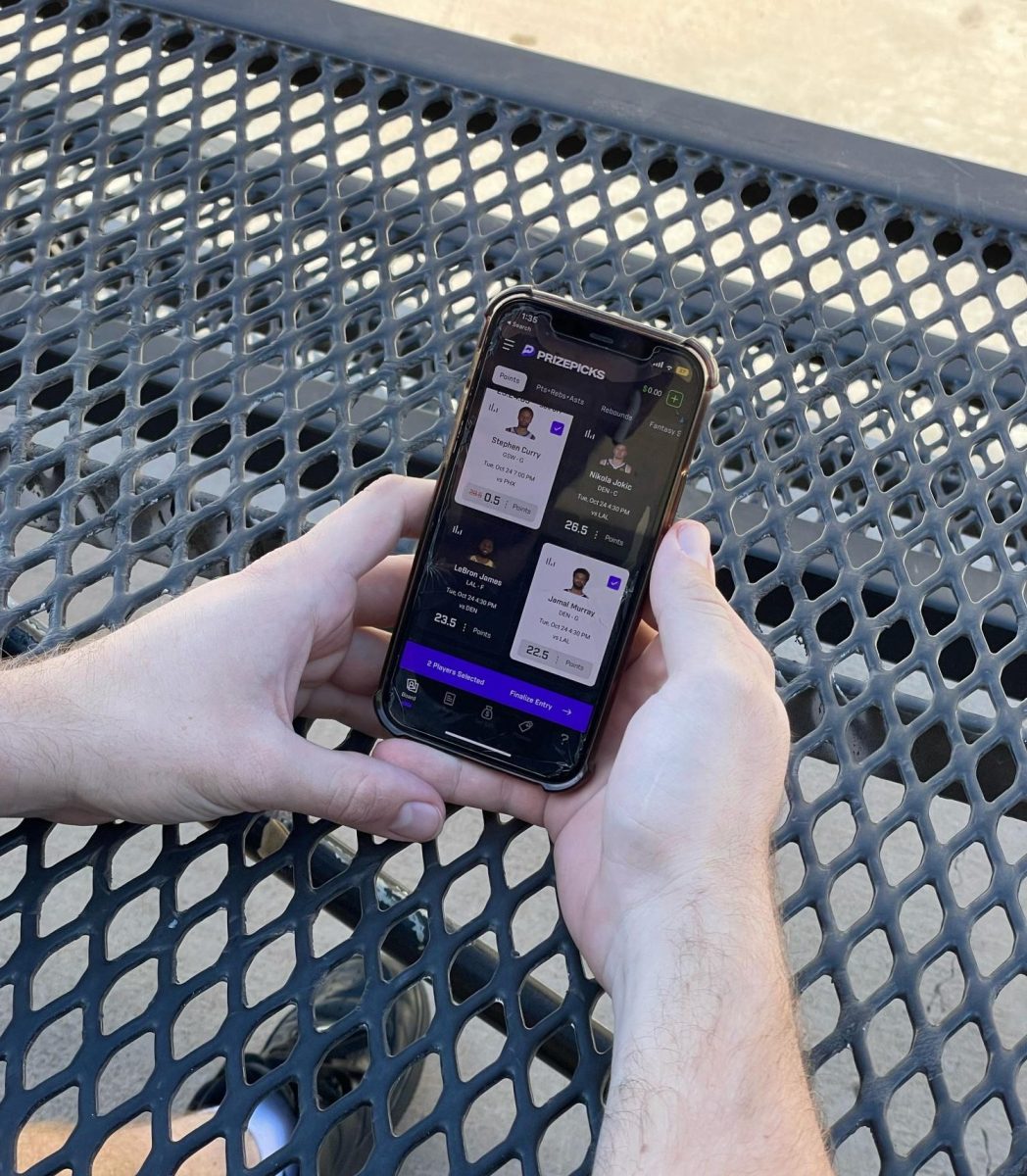Since 2021, experts have been concerned about high school students and young college students participating in sports betting sites such as DraftKings, FanDuel, BetMGM, and Novig on their phones or computers, whether that be at home or school.
Sports-betting sites such as DraftKings or FanDuel have launched over the years and advertise on whatever space they can (YouTube, your TV, posters, etc.). This brings the attention of teens and young adults to hopefully make a quick buck from their favorite sports team.
In addition to this, teenagers and young adults who are not supposed to be gambling or are just barely legally allowed to gamble, have been participating in online gambling according to some experts, and those individuals believe that it’s becoming a problem that needs to be addressed now before it’s too late.
According to an article by YaleMedicine, two to seven percent of the American population became a gambling addict in their youth, and according to recent studies and observations by experts, online gambling is going to make that statistic easier to reach than ever.
This becomes noticeable upon looking at an NCAA (National College Athletic Association) survey published in April of this year. It is found in this survey that when the eighteen to twenty-two-year-olds were asked whether or not they had placed a wager or bet at all this year, 58% of them said yes.
After learning about this piece of info, the NCAA decided to dive deeper and found out that about 70% of college students across America participate in some kind of online sports betting, and another study done by the NCPG (National Counsel of Problem Gambling) found out that sixty to 80% of high schoolers also participate in some kind of online sports betting, with fourteen to 19% of them either showing that they have a clear gambling problem, or are close to having one.
It would seem because of these statistics, online sports betting sites such as FanDuel and DraftKings need to make more restrictive account creation to prevent teenagers and young adults from spending their money on gambling, as according to that same NCAA survey, students bet anywhere between $1 to $50 and then lose between $10 to $300 a day. But that’s only the tip of the iceberg in terms of problems that experts have with teenagers and young adults gambling.

For example, high school students engaging in gambling pose several concerns as it leads to financial problems, addiction, and distraction from academic priorities. Having students Introduce gambling into their day-to-day lives could normalize risky behavior and divert focus from their essential education.
It’s because of this that gambling, especially sports betting, should not be added into their everyday lives, it can cause addiction and negatively impact their future. There are plenty of other things that students should be doing at their age. Schools should focus on providing education that equips students with valuable skills and knowledge for their future and, due to the recent trend among students in participating in sports betting, should help students become acknowledged of the dangers of a gambling addiction.
Due to online betting gambling for teens, it is so easy for not just students but for anyone to do online gambling and easily get addicted. Some students have already spiraled out of control. Students spend thousands of dollars every week on these apps, which is more than an average adult makes.
Some counselors and students here at Verrado were asked what they think about high school students and young adults engaging in sports betting.
Mr. Pratt, a Verrado counselor, said, “I think it all comes down to the individual…if it becomes a habit, then it can wipe someone out financially very quickly. I had an old co-worker at a bank that would blow his entire paycheck on online poker in one day. It is difficult to determine when you need to stop playing, because as you lose more money, you want more chances to get the money back, but it’s a big risk and you could end up losing even more money in the long run!”
Another Verrado counselor, Ms. Palmgren, had a lot to say about the matter, “Sports betting is presented as harmless fun, and I’m sure it is for many. As a school counselor, when I hear about teens participating in this, I get a little concerned. Teenagers do not have fully developed brains, in particular, they have yet to develop the frontal lobe, which helps with responsible decision-making; the biggest part of the teenage brain is the emotional part, which makes teens more likely to be impulsive and excitable. These two factors make teens much more likely to become addicted to anything, including gambling and also set teenagers up to potentially make bad decisions when they gamble. I think it’s really important for young adults to know how vulnerable they are and to put off trying things like gambling until they are older.”
One Verrado student, Isaiah Cravens, doesn’t believe that high schoolers and young adults participating in sports betting is all that bad, but does think that anyone who does bet still applies responsibility to what they’re doing and not be reckless. “Students should be able to deal with their money problems because at the end of the day, it is their money and if it all goes downhill then students still get a life lesson about responsibility.”
Another Verrado student, Evanelina Dardano, does believe that gambling learning and adding it to the high school curriculum is a good idea but also a bad idea because of the high number of high school and college students getting easily addicted. “It does teach some skills in gambling in the far future but it is a bad idea because if they are taught now then that will lead them to more gambling and more money loss and create more young addicted students.”
A second student, Ian Saldivar, also supports the idea of students participating in sports betting. He said, “I think betting is great because if you’re smart about it you can make a lot of money.”
Nevertheless, the increasing attention to sports betting and the ongoing problem of teens and young adults participating in sports betting has caused many experts to be concerned about the long-term effects, mainly because it can cause addiction but also because it causes additional problems such as an extreme loss of money and/or a major distraction from the important tasks in their lives such as schoolwork.

